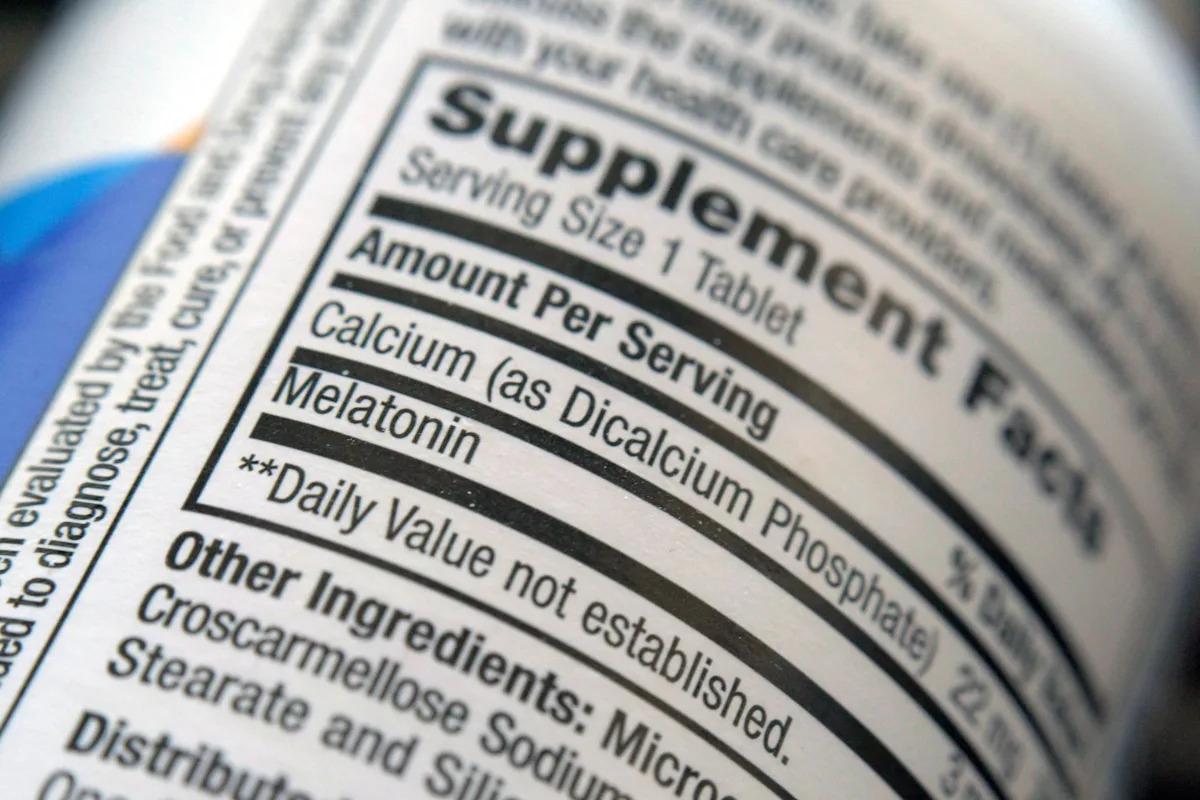WASHINGTON (AP) — Don't lose sleep over headlines linking melatonin to heart failure.
The news comes on the heels of some scary reports about a preliminary study of a sleep supplement. This has raised questions about the safety of long-term use of melatonin for insomnia.
Doctors have long known that too little or interrupted sleep increases the risk of cardiovascular disease. But heart experts say this kind of so-called observational study can't prove that melatonin use plays any role – instead of patients trying to treat insomnia.
“We shouldn't raise the alarm and tell patients to stop taking melatonin,” said Dr. Pratik Sandesara, an interventional cardiologist at Emory Healthcare who was not involved in the study.
Our bodies naturally produce melatonin, a hormone that regulates sleep cycles. Levels typically increase as darkness falls, causing drowsiness.
People can take lab-produced melatonin to help them sleep or adjust to jet lag or time changes.
The new study used international electronic health records tracking adults diagnosed with insomnia who had a prescription for melatonin that required them to take the supplement for at least a year.
The researchers found that over five years, 4.6% of chronic melatonin users developed heart failure, compared with 2.7% of insomnia patients whose charts did not show melatonin use. The study was presented at the American Heart Association meeting but has not yet been peer reviewed.
But only some countries require a prescription for melatonin. They are sold over-the-counter in the United States, meaning Americans in the study were able to use the supplements without registration, said Northwestern University cardiology chief Dr. Clyde Yancey, who was not involved in the study. The study also did not specify dosages.
Additionally, supplements in the US do not require government approval, meaning brands can vary in ingredient content. Researchers at SUNY Downstate Health Sciences described the findings as a call for further research.
In the meantime, patients interested in melatonin should discuss it with their doctors, Emory's Sandesara says. Doctors usually recommend it for short-term use, for example, when changing time zones.
Yancey noted that while the study does not prove that there is a danger from long-term melatonin use, there is also no evidence that people should use melatonin indefinitely.
And one of the keys to getting better at closing your eyes is practice better sleep hygienefor example, making sure your room is dark.
“When we expose ourselves to blue light, especially at night, our melatonin levels decrease. That's the science,” he said. Sleep problems aren't “just being sleepy and tired—they're putting you at risk.”
—
The Associated Press Health and Science Department receives support from the Howard Hughes Medical Institute's Department of Science Education and the Robert Wood Johnson Foundation. AP is solely responsible for all content.








